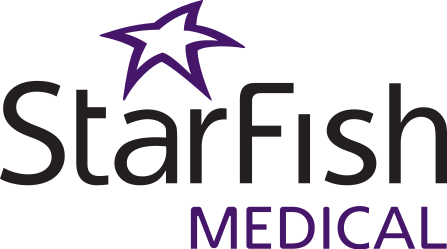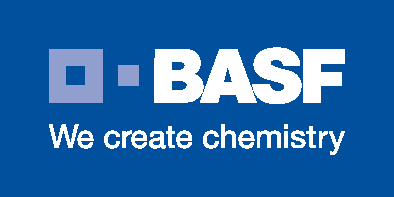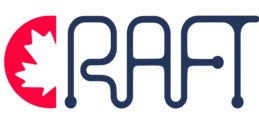Key features of the 2023 CRAFT Symposium
- DATE: February 22 and 23, 2023
- LOCATION: in person at the Myhal Centre for Engineering Innovation and Entrepreneurship, University of Toronto (55 St. George Street, Toronto, ON)
- Co-hosted with the Training Program in Organ-on-a-Chip Engineering and Entrepreneurship (TOeP)
- 3 keynote lectures given by internationally renowned academics from the US, France and Spain
- 10 invited presentations by academic, government and industry researchers from across Canada
- 50+ oral and poster presentations from research trainees and government researchers
- Tours of CRAFT’s new state-of-the-art open research facilities for device fabrication and preclinical validation
- TOeP Trainee Business Pitch Competition
- Networking reception for research trainees, industry, government and keynote and invited speakers
- Student breakout sessions with keynote speakers
Registration information
REGISTRATION CLOSED.
Abstract submission
Abstracts are now being accepted for poster and oral presentations related to organ-on-chips, microfluidic-powered diagnostic devices, biofabrication/bioprinting approaches, and microfluidic device fabrication and scale-up.
.
Abstract specifications:
- Deadline for submission is December 1st (11:59pm EST).
- Abstract specifications:
- Overall length limit: ~325 words
- Language requirements: all abstracts should be written in a language that is easy to understand by multiple scientific audiences (e.g., engineers, clinicians, biologists) and include little to no field-specific jargon or highly technical terms.
- Required sections of abstract and character limits
- Title: Limit:140 characters with spaces (~18 words)
- Author List and Affiliations: no limit
- Rationale & Objective: Briefly describe the problem that you’re trying to solve through your project and the overall objective of your project. Limit: 550 characters with spaces (~75 words)
- Methods: Briefly describe how you are going to achieve your objective and the methods you will use. Limit: 720 characters with spaces (~100 words)
- Results: Briefly describe the progress you’ve made towards your objective, including notable data and results and/or significant challenges. Limit: 720 characters with spaces (~100 words)
- Conclusions & Significance: Summarize your major findings and why they are important/significant and/or your next steps. Limit: 370 characters with spaces (~50 words)
Confirmed speakers

Diagnostics Keynote Speaker
Mehmet Toner, PhD
Helen Andrus Benedict Professor of Biomedical Engineering, Harvard Medical School;
Founding Co-Director, The Institute for Bioengineering and Biotechnology, a division of Surgery at the Massachusetts General Hospital;
Director, BioMEMS Center, Mass General
Title of talk: Precision microfluidics of large volumes.
View Prof. Toner’s academic profile

Biofabrication Keynote Speaker
Annie Colin, PhD
Professor, École Supérieure de Physique et de Chimie Industrielles (ESPCI) Paris PSL
France
Title: Flow of non-brownian suspensions: the role of contact forces.
View Prof. Colin’s Google Scholar profile.
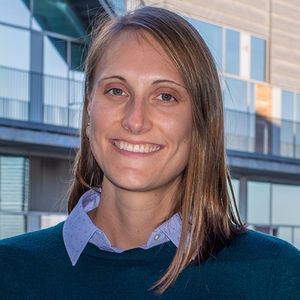
Organ-on-Chip Keynote Speaker (sponsored by TOeP)
Kristina Haase, PhD
Group Leader
EMBL Barcelona
Spain
Topic of Talk: Engineering tissue-specific human in vitro microvessels.
Visit the Haase group website
Invited Speaker
John Frampton, PhD
Associate Professor, Dalhousie University
Canada Research Chair in Cellular, Biomaterial and Matrix Interaction
co-Founder, 3D BioFibR Inc
Govind Kaigala, PhD
Associate Professor, UBC
Tohid Didar, PhD
Associate Professor, McMaster University
Canada Research Chair in Nanobiomaterials
Wendell Coltro, PhD
Associate Professor and Director of dept Chemistry,
Federal University of Goiás, Brazil
Brasil
Samuel Clarke, PhD
Director of Reagents,
Precision NanoSystems Inc.
Canada
Miroslava Cuperlovic-Culf, PhD
Senior Research Officer and Team Leader,
Digital Technologies Research Centre,
National Research Council Canada
Darius Rackus, PhD
Assistant Professor,
Toronto Metropolitan University
Matthias Geissler, PhD
Research Officer,
Medical Devices Research Centre,
National Research Council Canada
Lucas Poncelet
Technical Officer,
Medical Devices Research Centre,
National Research Council Canada
Golnaz Karoubi, PhD
Assistant Scientist
University Health Network
Sponsors
Gold
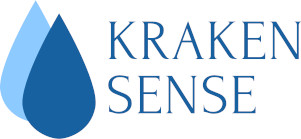
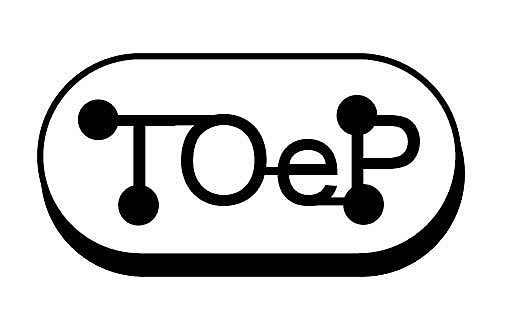

Silver

Bronze
